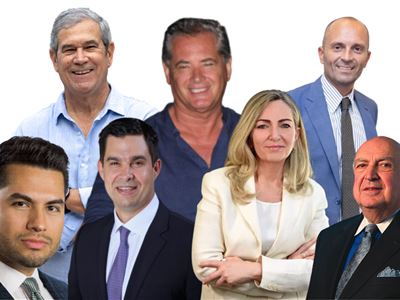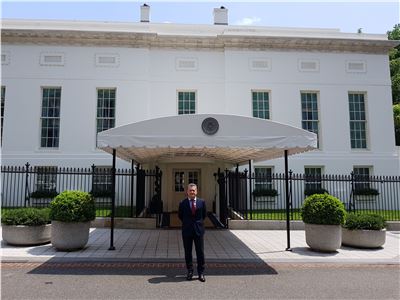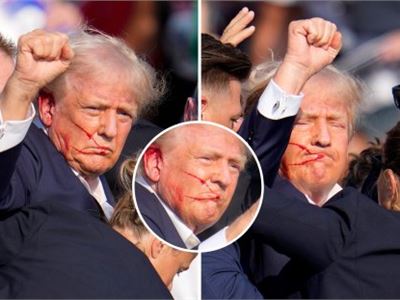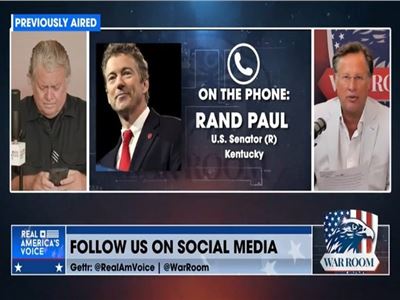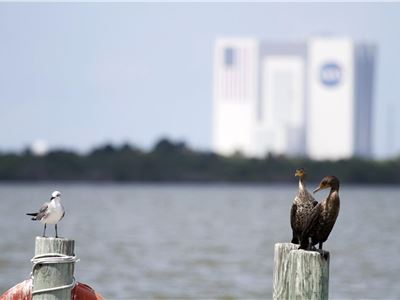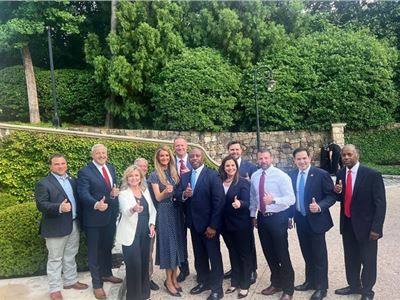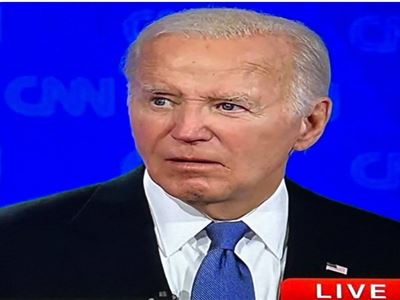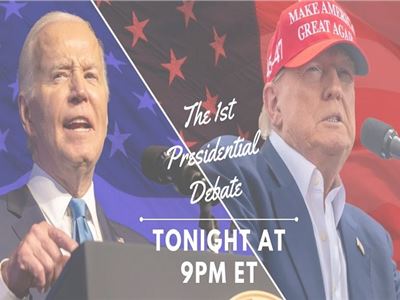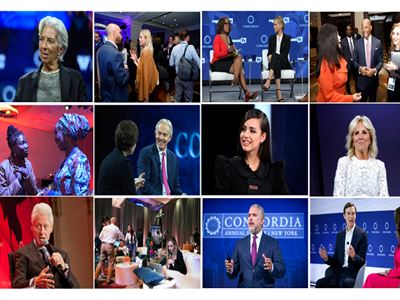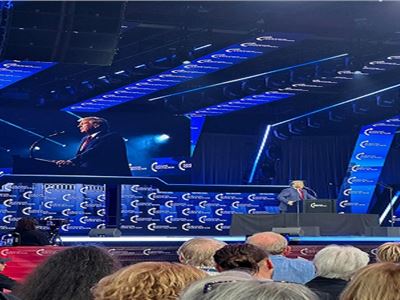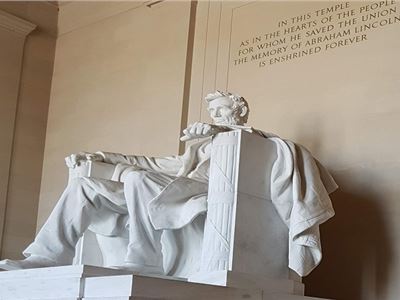Trump's 51% of the vote easily eclipsed George W Bush's 41% in the 2000 Iowa caucus. Just as impressive, Trump won 98 of 99 counties along with solid majorities of evangelical Christians, rural voters, and even suburban voters as he trounced his nearest Republican opponent (Ron DeSantis) by 30% points.
Now, Trump faces a potentially more difficult challenge in the New Hampshire primary this Tuesday, where polls show the race much closer, the electorate is more moderate, and history says the ground is more uncertain. Let us explain.
Yes, Trump easily won the 2016 New Hampshire Republican primary with 32.5% - more than doubling the percentage of his closest competitor. Furthermore, polling shows that Trump remains popular with a large majority of the nearly 268,000 registered Republicans in the state. However, unlike in Iowa, where only registered Republicans could vote, in New Hampshire, "undeclared" voters who number 343,000 CAN vote in the Republican presidential primary. These "undeclared" voters are, on the whole, more moderate than New Hampshire Republicans.
History shows they have often poured into both the Republican and Democrat presidential primaries, giving a key lift to more moderate candidates against more conservative Republicans or more liberal Democrats. In 2000, George W Bush roared into New Hampshire after a huge Iowa win. Still, tens of thousands of these "undeclared" voters supported the more moderate John McCain, and McCain ended up with a stunning upset over Bush. In 2008, a young and more liberal Barack Obama swept into New Hampshire fresh off an Iowa victory only to lose to Hillary Clinton as tens of thousands of New Hampshire "undeclared" voters poured into the Democrat primary to support her.
However, there is a crucial difference this year. Due to Democrats maneuvering to protect their incumbent president from a serious primary challenge, President Joe Biden will NOT be on the ballot in the New Hampshire Democrat presidential primary. As a result, large numbers of these swing voters who typically vote in the Democrat primary will now be far more likely to vote in the Republican primary, and they largely dislike Donald J Trump. Thus, Nikki Haley, viewed as more moderate and, frankly, not Donald Trump, will likely have thousands of votes this Tuesday from people usually voting in the Democrat primary.
Two other crucial differences in New Hampshire's Republican electorate are worth noting, as neither favors former President Trump. First, the percentage of evangelical Christians among registered Republicans in New Hampshire is far lower than in Iowa. Evangelical Republicans make up one of Trump's strongest support groups. Second, the percentage of New Hampshire Republicans who are college-educated is significantly higher than in Iowa. Trump does far better with Republicans without college degrees. Those factors help explain why Nikki Haley is polling much closer to Trump in New Hampshire.
In addition, three final factors help former Governor Haley in New Hampshire:
- She is endorsed by the very popular Republican governor of New Hampshire, Chris Sununu. Governor Sununu seems surgically attached to her side as Haley campaigns across New Hampshire.
- Haley's super PAC, outside groups, and many deep-pocketed major donors are pouring money into massive advertising and grassroots efforts across New Hampshire on Haley's behalf. She will almost certainly outspend Trump in New Hampshire.
- Former New Jersey governor Chris Christie's dropping out of the race last week removed a competitor in the more moderate lane. Now, moderate Republicans and "undeclared" voters will look more exclusively at Haley. In 2016, the moderate lane against Trump was far more crowded with John Kasich, Jeb Bush, and Carly Fiorina competing in New Hampshire.
Polling shows, and discussions with insightful political pros across New Hampshire indicate that Trump still holds the edge. He is a proven vote-getter, having swept to victory in New Hampshire's 2016 Republican primary. Today, Trump possesses the undying support of a solid majority of current registered Republicans in the state. He's running a professional, buttoned-down campaign, leaving nothing to chance in the state. Still, there is reason to watch New Hampshire closely between now and Tuesday's primary.
In addition, Trump is well-positioned to weather any potential upset or close call in New Hampshire. Why? The answer is counter-intuitive but worth examining. After all, a Haley victory in New Hampshire would ignite a media frenzy while providing an adrenaline shot of momentum for Haley as the campaign heads to her home state of South Carolina, where the next primary will occur.
However, Trump will have massive advantages in Haley's home state of South Carolina. Evangelical Christians make up a much more significant percentage of the primary electorate in South Carolina, and they provide a bedrock of support for Trump. Rural and non-college-educated voters also make up a higher percentage of the Republican primary electorate in South Carolina than in New Hampshire, and both groups support Trump heavily. Unlike in New Hampshire, the popular governor of South Carolina, Henry McMaster, along with a majority of the state's elected Republican leaders, are endorsing and working hard for Donald Trump.
Lastly, remember Florida Governor Ron DeSantis. He finished ahead of Haley in Iowa; however, on the morning after the Iowa caucus and just one week before the New Hampshire primary, DeSantis traveled not to New Hampshire but to South Carolina for his first post-Iowa campaign event. DeSantis has a significant base of support among a coalition of anti-Trump Republicans who remember Haley's governorship as being too establishment and not conservative enough. Unlike in New Hampshire, DeSantis will cut into Haley's anti-Trump coalition.
The odds are high that Trump will be the Republican nominee regardless of what happens in New Hampshire, but a victory there will certainly seal the outcome for Trump.
Tim Phillips is a Republican strategist and consultant with long experience at the presidential, senatorial, and congressional levels. He has appeared regularly in major media publications and across all the major television networks. Current company: Hyperfocal. From 2006 through 2021 he was President of Americans for Prosperity.
- Tags:
- Categories: Politics









